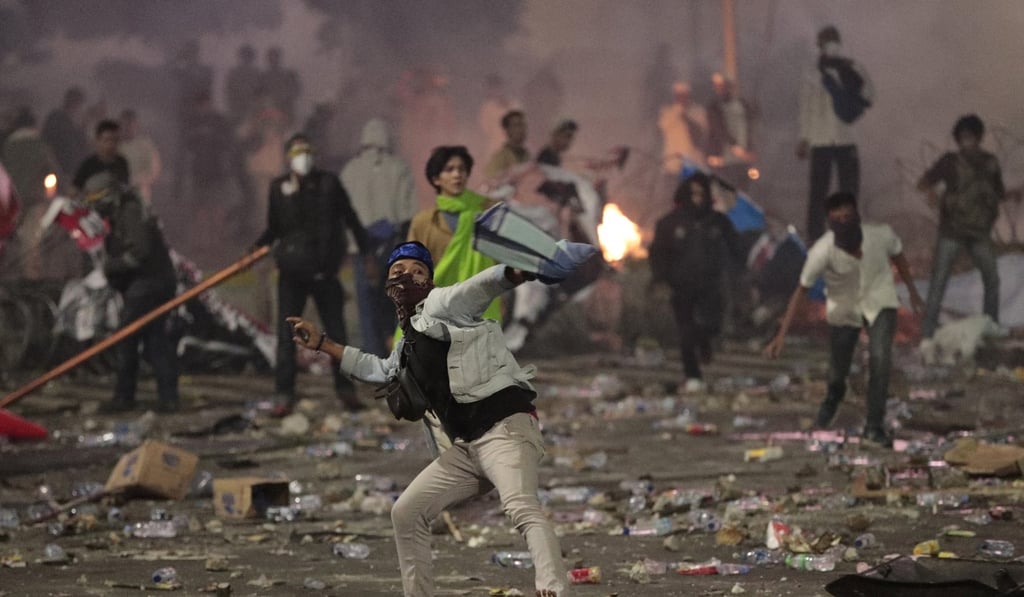Opinion | Is the world headed for an Asian future? Not if we don’t admit to some inconvenient histories
- Asia’s leaders, intent on dragging their countries into developed status, kicking and screaming, are ignoring festering historical fissures that threaten any developmental gains, writes Imran Shamsunahar

“The future is Asian,” boasts Parag Khanna, a Singapore-based consultant in his recent book of the same name. Khanna believes that as American unipolarity begins to ebb, the Asian regional system will increasingly begin to exert itself on the world stage, reorienting the global economy, altering geopolitics, and elevating the appeal of Asian cultural norms worldwide.
Certainly, there is much evidence to support Khanna’s thesis. Asia now accounts for 50 per cent of global GDP and two thirds of global economic growth. It hosts some of the world’s largest economies and produces, trades and consumes more goods than any other region.

As observed by Indonesian writer and activist Andreas Harsono, the violence that permeates Indonesian history is tied to both the cynical pursuit of power by elites, as well as a culture of impunity that protects them. Ghosts of Suharto’s New Order continue to bedevil Indonesian stability. The rise of hardline Islam as one of the more pertinent issues of this recent election can be traced to the Islamisation of society under Suharto, who sought to balance the military by currying favour from the Islamic lobby.

